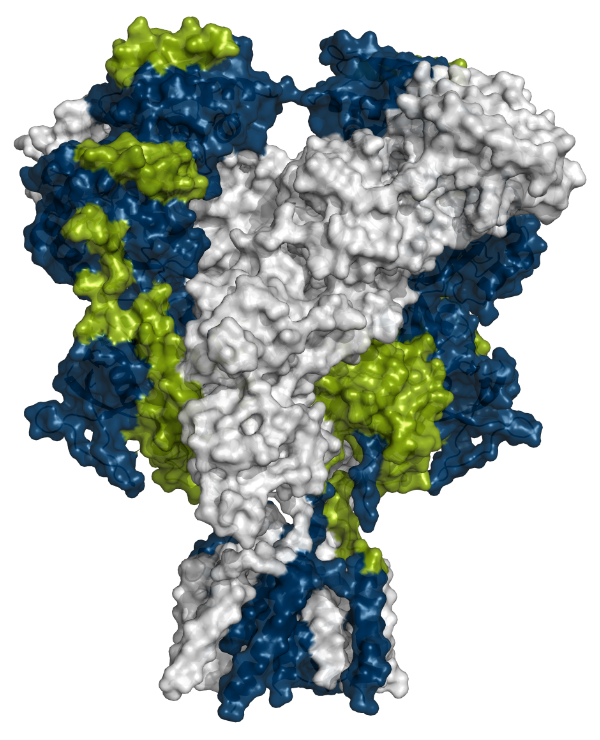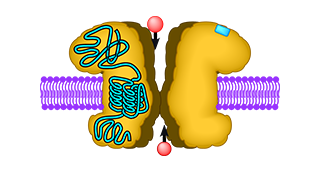Publication of the Year 2018
H. Pan, B. Oliveira, G. Saher, E. Dere, D. Tapken, M. Mitjans, J. Seidel, J, Wesolowski, D. Wakhloo, C. Klein-Schmidt, A. Ronnenberg, K. Schwabe, R. Trippe, K. Mätz-Rensing, S. Berghoff, Y. Al-Krinawe, H. Martens, M. Begemann, W. Stöcker, F.-J. Kaup, R. Mischke, S. Boretius, K.-A. Nave, J.K. Krauss, M. Hollmann, F. Lühder, and H. Ehrenreich (2019).
Uncoupling the widespread occurrence of anti-NMDAR1 autoantibodies from neuropsychiatric disease in a novel autoimmune model.
Molecular Psychiatry 24: 1489–1501.
doi: 10.1038/s41380-017-0011-3
Abstract
 Up to 20% of the human population carry antibodies against glutamate receptors of the NMDA type, independent of any disease, with prevalence increasing with age. In collaboration with the Clinical Neuroscience Group of Hannelore Ehrenreich at the Max Planck Institute for Experimental Medicine in Göttingen, we have now shown a similar prevalence of such autoantibodies against NMDA receptors in other mammals. Dogs, cats, rats and mice also displayed the age dependency found in most humans, whereas baboons and rhesus macaques held in captivity did not. Based on this result and the observation that human migrants also show a weaker age dependency, we hypothesize that chronic stress triggers autoantibody production.
Up to 20% of the human population carry antibodies against glutamate receptors of the NMDA type, independent of any disease, with prevalence increasing with age. In collaboration with the Clinical Neuroscience Group of Hannelore Ehrenreich at the Max Planck Institute for Experimental Medicine in Göttingen, we have now shown a similar prevalence of such autoantibodies against NMDA receptors in other mammals. Dogs, cats, rats and mice also displayed the age dependency found in most humans, whereas baboons and rhesus macaques held in captivity did not. Based on this result and the observation that human migrants also show a weaker age dependency, we hypothesize that chronic stress triggers autoantibody production.
When we immunized mice against NMDA receptors, they produced large amounts of antibodies. When the animals had a disrupted blood-brain barrier, they showed psychosis-like symptoms like the ones known to be caused by drug-induced NMDA receptor block. However, none of the animals had any signs of brain inflammation, the hallmark of an encephalitis. This indi-cates that some of the neurological symptoms observed in encephalitis patients carrying autoantibodies against NMDA receptors may indeed be caused by those autoantibodies, whereas the encephalitis itself has another inde pendent cause.



